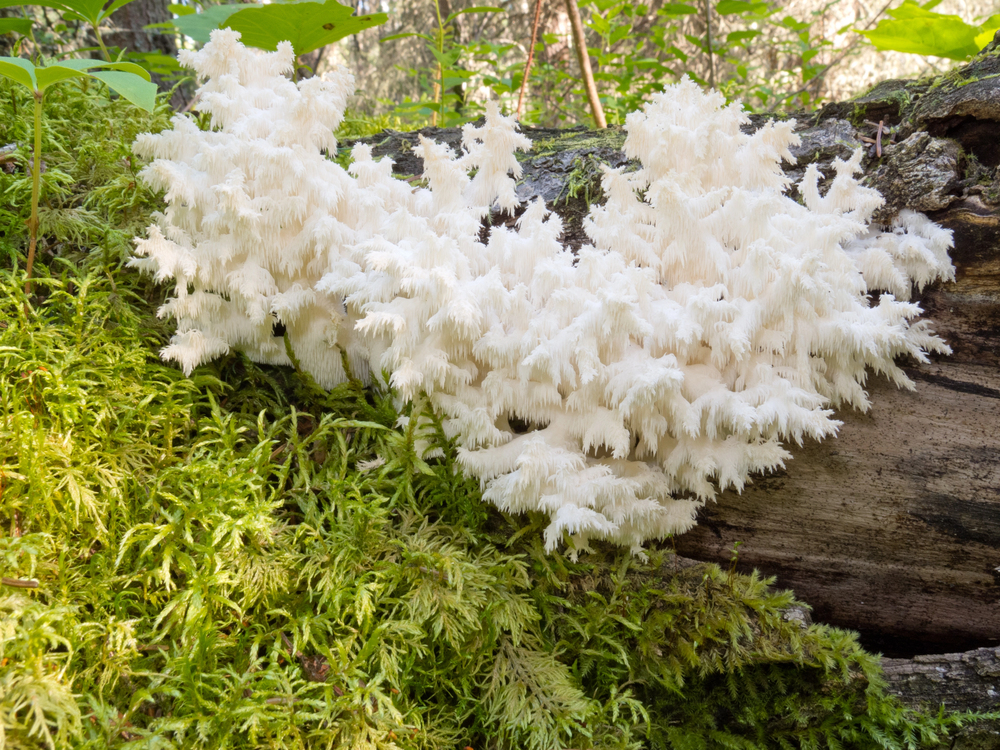Mushroom oils are gaining attention in the health and culinary sectors, offering a unique combination of nutritional benefits and flavor enhancement.
These oils, abundant in fatty acids and bioactive compounds, have the potential to change dietary habits and boost overall health.
Advances in extraction methods and a growing interest in sustainable options are opening doors for innovative uses.
As we explore the potential of these oils, the specific health benefits and future applications across various industries are worth examining.
Production of Mushroom Oils
Mushroom oils are produced using various extraction methods due to the naturally low lipid content in mushrooms. Common techniques include cold pressing, hydrodistillation, and supercritical fluid extraction (SFE), selected based on the specific mushroom species and its growth conditions.
The chosen method significantly impacts the yield and quality of the oil. Additionally, solvent-assisted flavor evaporation (SAFE) enhances the oil’s flavor profile, providing a richer sensory experience for culinary applications.
After extraction, purification and characterization processes are vital to ensure the oil’s integrity and efficacy. These careful production methods highlight the commitment to delivering high-quality mushroom oils for both nutritional and flavorful purposes.
Homemade processing of mushroom oil can be a rewarding endeavor, allowing you to create a flavorful product tailored to your taste preferences. While the methods used in commercial production, such as supercritical fluid extraction, may not be feasible at home, there are simpler techniques you can use to make mushroom-infused oil. Here’s a step-by-step guide to creating your own mushroom oil at home.
Composition of Mushroom Oils
The extraction methods used in producing mushroom oils greatly affect their composition.
These oils are typically abundant in vital fatty acids, particularly linoleic and oleic acids, which differ among various mushroom species. The high levels of unsaturated fats enhance their nutritional value and support cardiovascular health.
Additionally, mushroom oils are rich in bioactive compounds such as phenolics and terpenes, which further enrich their profile. They also contain trace elements that are beneficial for health, highlighting their potential.
Understanding these compositional elements can help individuals make informed dietary choices. By utilizing the unique properties of mushroom oils, one can promote wellness and nutritional diversity in culinary practices.
Health Benefits of Mushroom Oils
Mushroom oils offer numerous health benefits due to their rich composition of bioactive compounds and fatty acids. They are known for their antioxidant properties, which help combat oxidative stress in the body.
The phenolic compounds present contribute to anti-inflammatory effects, potentially lowering the risk of chronic diseases. Additionally, the unsaturated fats in mushroom oils promote cardiovascular health by supporting healthy cholesterol levels.
Their nutritional value makes them a beneficial addition to diets, enhancing overall well-being. Ongoing research continues to explore the full extent of mushroom oils’ health impacts, suggesting their inclusion in health initiatives could assist communities in improving dietary practices and promoting wellness.
Applications of Mushroom Oils
Mushroom oils showcase their versatility and potential across various industries.
These oils enhance culinary experiences and promote sustainability and health. Their unique flavors and nutritional benefits make them appealing for various applications:
- Culinary Uses: Mushroom oils are gaining popularity in gourmet cooking, adding distinct flavors to enhance dishes.
- Cosmetics: The antioxidant properties of mushroom oils are utilized in skincare formulations, supporting skin health.
- Biofuels: With a focus on sustainability, mushroom oils are being explored as renewable energy sources.
The integration of mushroom oils in different sectors supports health and sustainable practices, benefiting both communities and the environment.
Future Directions and Research
Emerging applications of mushroom oils in culinary, cosmetic, and biofuel industries underline the need for ongoing research into their benefits and potential uses.
Future directions should prioritize investigating the circular bioeconomy, focusing on the sustainable utilization of mushroom biomass. By enhancing our understanding of the biochemical processes involved in oil production, we can optimize extraction methods and increase yield.
Interdisciplinary research efforts will uncover innovative applications and economic opportunities associated with mushroom oils. Furthermore, exploring the full spectrum of their health benefits can solidify their place in both nutritional and therapeutic domains.
Advancing this field will empower communities to adopt more sustainable practices, nurturing a comprehensive approach to health and environmental stewardship.






